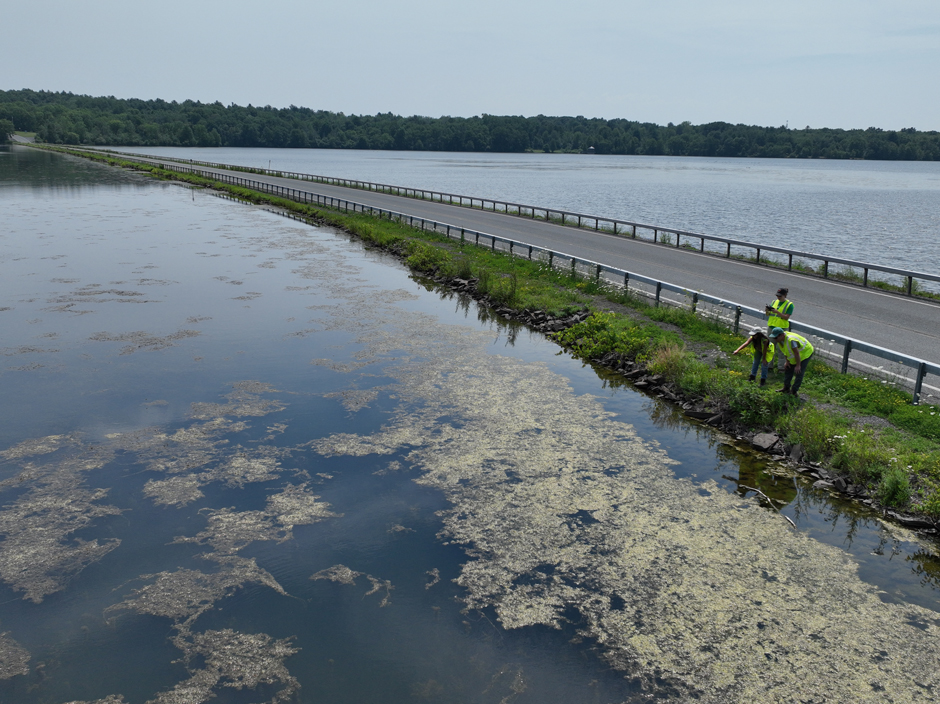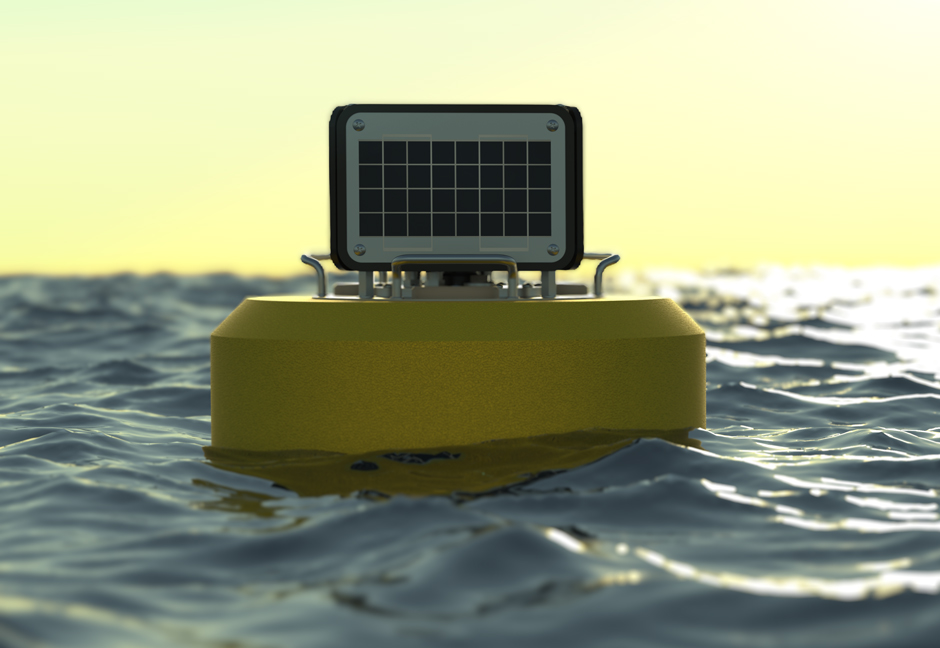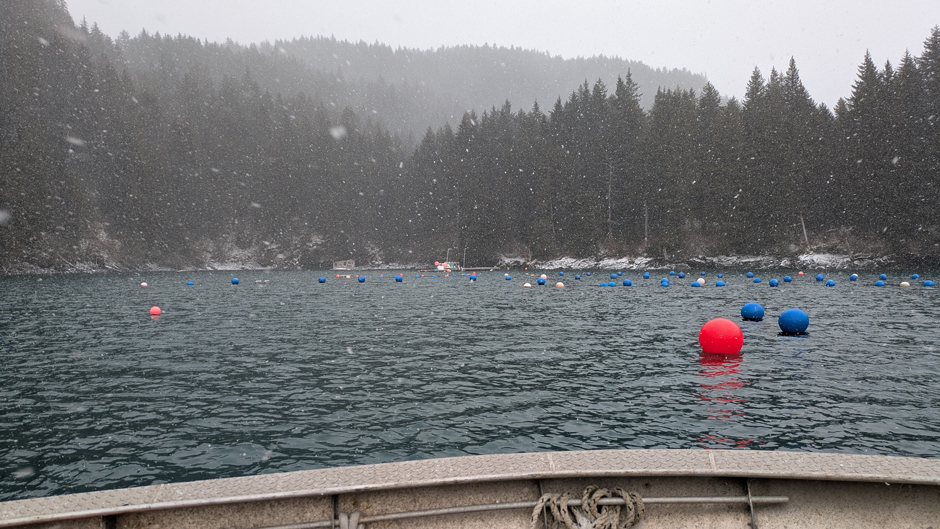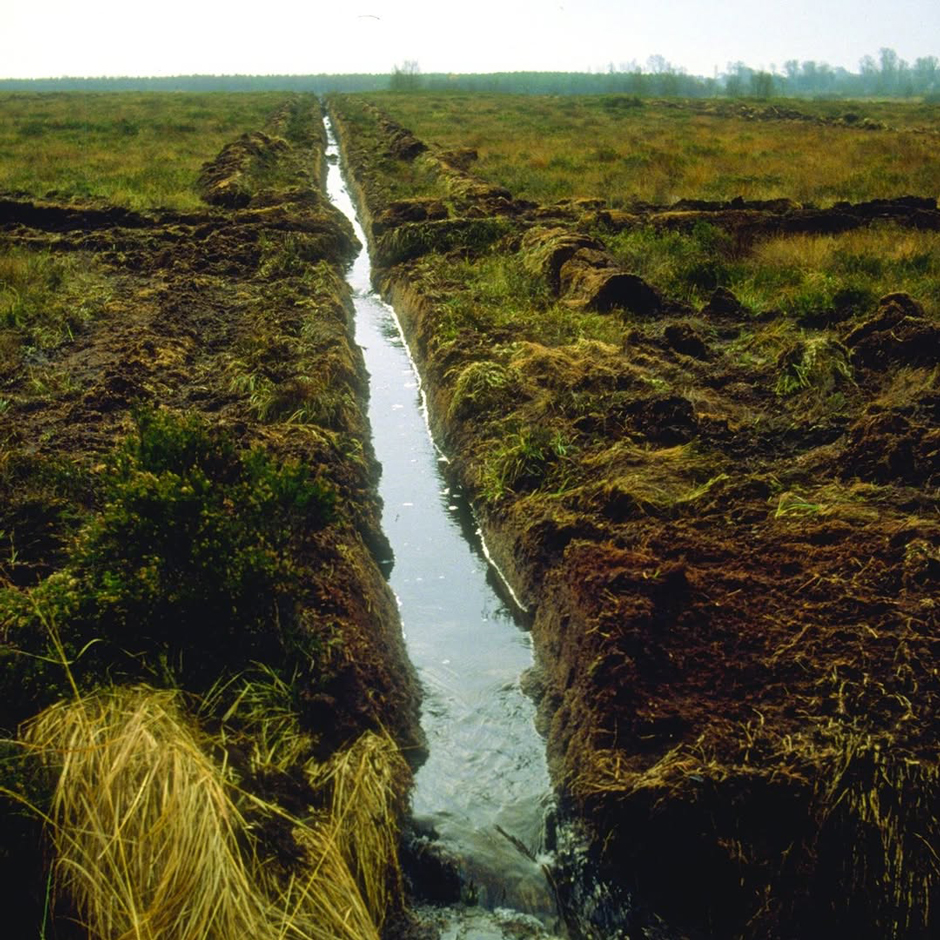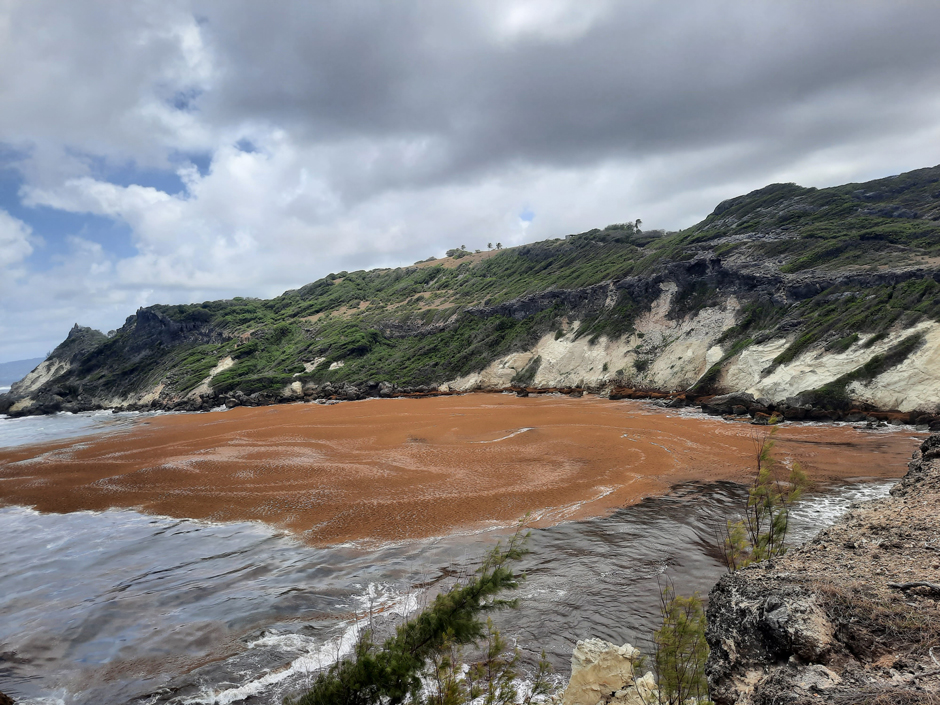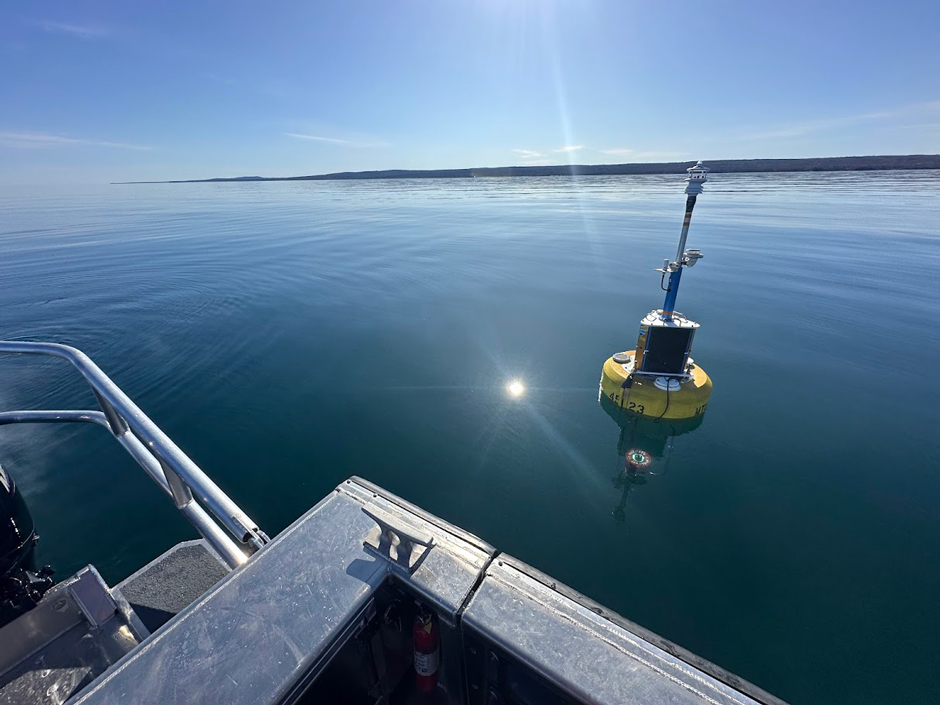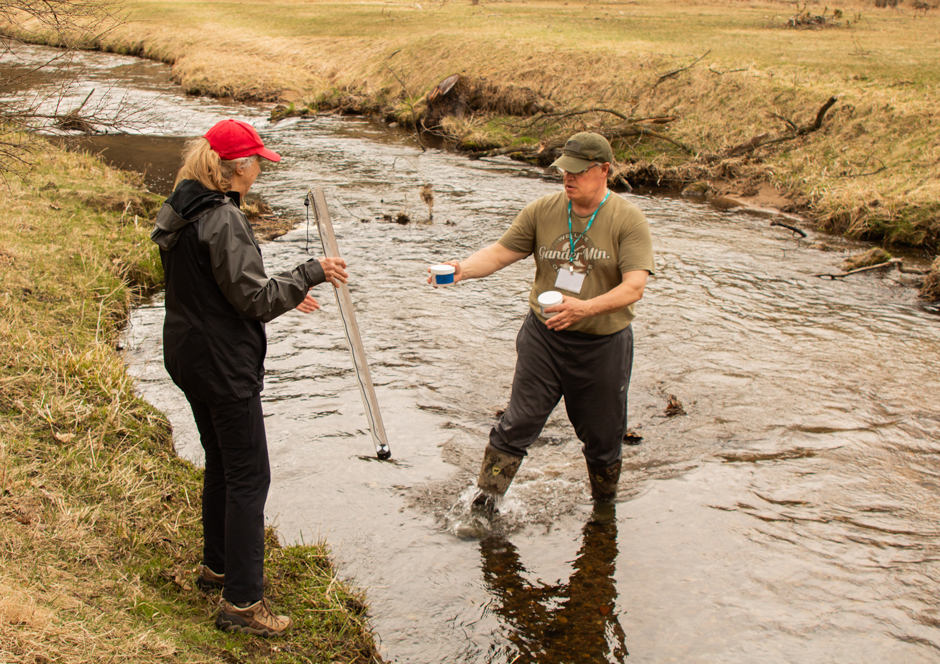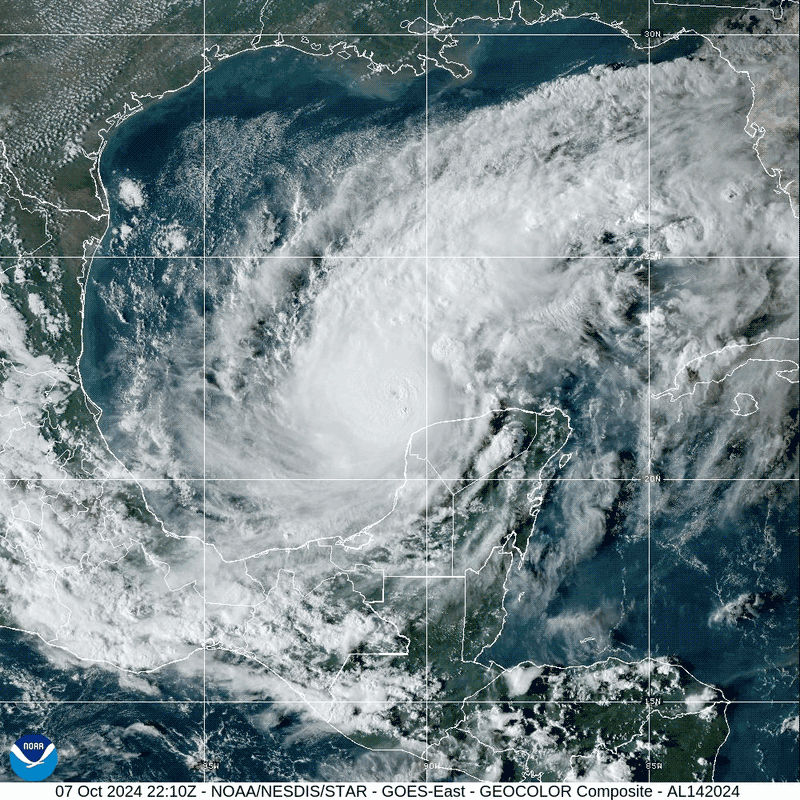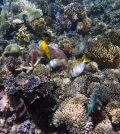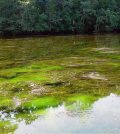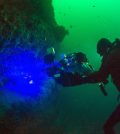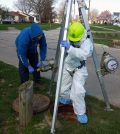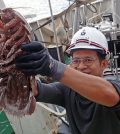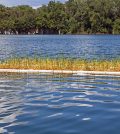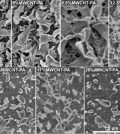Posts for tag "news"
Source Water Monitoring in Albany, New York: Tracing Water Quality throughout Tributaries
Thousands of US cities pull their drinking water from natural source waters like reservoirs, rivers, and streams, making overall watershed health a key consideration for water providers. In Albany, New York, the Albany Department of Water and...
- Posted May 19, 2025
Wave Sensors Integration with NexSens Buoys: A Cutting-Edge Solution for Wave Measurment
Real-time wave data supports accurate weather prediction, safe and efficient maritime operations, and provides valuable safety and operating condition information for recreation and commercial fishing. Understanding wave dynamics also helps with the design of protective coastal structures...
- Posted May 12, 2025
Monitoring Mariculture in the Gulf of Alaska
The mariculture industry in the Gulf of Alaska has been steadily growing in recent years, guided by ongoing research to help refine farm location and cultivation practices. A subset of aquaculture, mariculture focuses on rearing organisms in...
- Posted May 5, 2025
Save our Bogs! Culture, Conservation and Climate Action in Ireland’s Peatlands
Characterized by long-term accumulation under waterlogged conditions, peatlands exist on every continent and account for 3-4% of the global land surface. Small but mighty, these often overlooked wetland environments are estimated to hold as much as one-third...
- Posted March 31, 2025
Sargassum Surge: How Seaweed is Transforming our Oceans and Coastal Ecosystems
Until recently, Sargassum–a free-floating seaweed–was distributed throughout the Sargasso Sea, the north Caribbean Sea, and the Gulf of Mexico. But in the space of a decade, this seaweed has, as one scientist remarks, “Gone from a nonfactor...
- Posted March 24, 2025
Great Lakes Research Center: Designing Targeted Monitoring Solutions
According to the National Oceanic and Atmospheric Administration (NOAA), the Great Lakes have more miles of coastline than the contiguous Atlantic and Pacific coasts combined and contain 20 percent of the world’s freshwater, making it a critical...
- Posted March 17, 2025
Watershed Stewardship in Minnesota: Protecting Valley Creek in the Land of 10,000 Lakes
The Saint Croix Watershed is home to dozens of lakes, rivers, and streams that host an abundance of aquatic life from its tributaries. Valley Creek, a tributary of the St. Croix River, is a designated trout stream...
- Posted February 24, 2025
Monitoring Hurricanes and Predicting Flooding in the Age of Climate Change
Still recovering from Hurricane Helene, which caused extreme precipitation, flooding, landslides, and other environmental disasters associated with severe weather, the southeastern part of the U.S. is predicted to be hit by another storm, Hurricane Milton. With Hurricane...
- Posted October 9, 2024
Meet The Stream Team: MVUUF Citizen Scientists Keep A Watchful Eye on Dayton’s Wolf Creek
Volunteers of the MVUUF Stream Team have been monitoring Wolf Creek water quality, habitat and biological characteristics for several years.
- Posted August 14, 2018
No Evidence of Natural Gas From Fracking In Ohio Drinking Water
Time-series research reveals no evidence of natural gas contamination from fracking in Ohio drinking water wells.
- Posted August 13, 2018
Marine Protected Areas Cannot Tolerate Climate Change
Research shows how much marine protected areas (MPAs) will warm under various facts; most will be uninhabitable by 2100 under BAU climate change scenario.
- Posted August 9, 2018
IL Nutrient Loss Reduction Strategy Fostering Cooperation, Improving Water Quality
The IL Nutrient Loss Reduction Strategy is generating interest and improving water quality by reducing nutrient runoff into Illinois watersheds.
- Posted July 27, 2018
Advanced Technologies, Deep Waters, and Surprise Jellyfish
A chance encounter with a rare jellyfish species and active jellyfall, thanks to a well-designed underwater camera.
- Posted July 20, 2018
From Natural Areas Management to the Watershed Stewardship Center: Cleveland Metroparks Is Where Conservation Meets Innovation
An award-winning park system, one of Cleveland Metroparks’ most notable achievements is its Watershed Stewardship Center, an education and research facility that advances stormwater management studies.
- Posted July 19, 2018
Deep-sea Biodiversity Expedition Uncovers Thousands of Creatures
A research team from Singapore and Indonesia brought thousands of samples back from a deep-sea biodiversity expedition, including at least 12 new species.
- Posted July 10, 2018
New Standards Target Perfluorinated Compounds in Colorado
The Colorado Department of Public Health and the Environment is monitoring groundwater for low levels of PFCs pursuant to EPA guidance.
- Posted July 9, 2018
Mirror Lake Salt Levels Still a Problem
The annual monitoring report on Mirror Lake in upstate New York reveals that salt levels are still a problem despite reduced local use of road salt.
- Posted July 4, 2018
Racine County Focuses on Natural Water Filtering
Racine County Parks Department uses DIY floating islands to kickoff Quarry Lake water quality improvement program.
- Posted July 3, 2018
Great Lakes Meteotsunami Experts Hone in on Big Wave Forecasts
Meteotsunamis are big waves that have been historically mislabeled and poorly forecasted in the Great Lakes. Experts are learning more and predictive tools are in sight.
- Posted July 2, 2018
Carbon Nanotube Technology for Robust Desalination Membranes
A research team has developed robust reverse osmosis membranes using carbon nanotubes and polyamide that resist the rigors of the cleaning process cheaply.
- Posted July 2, 2018


